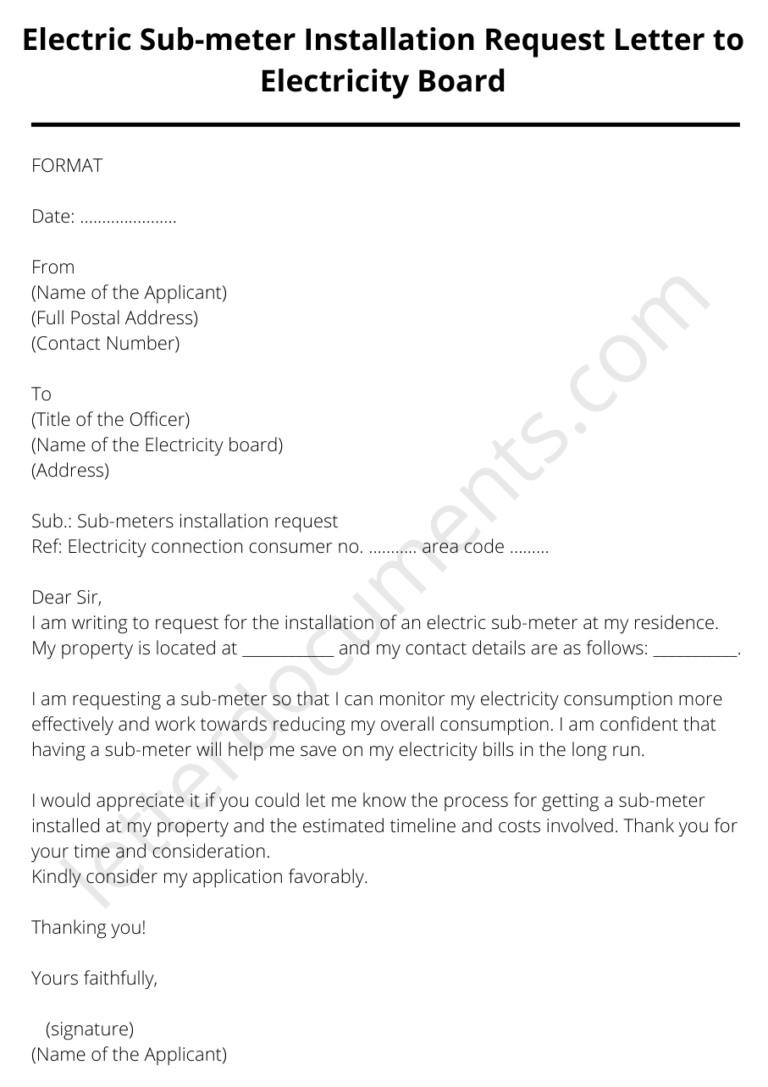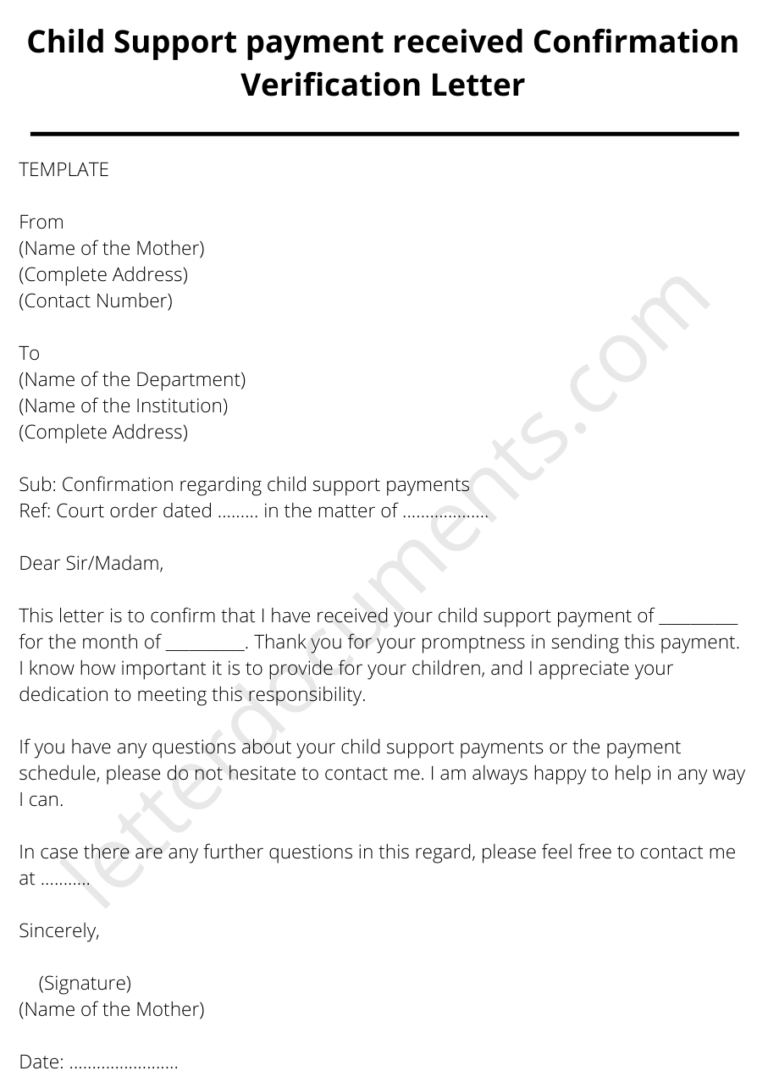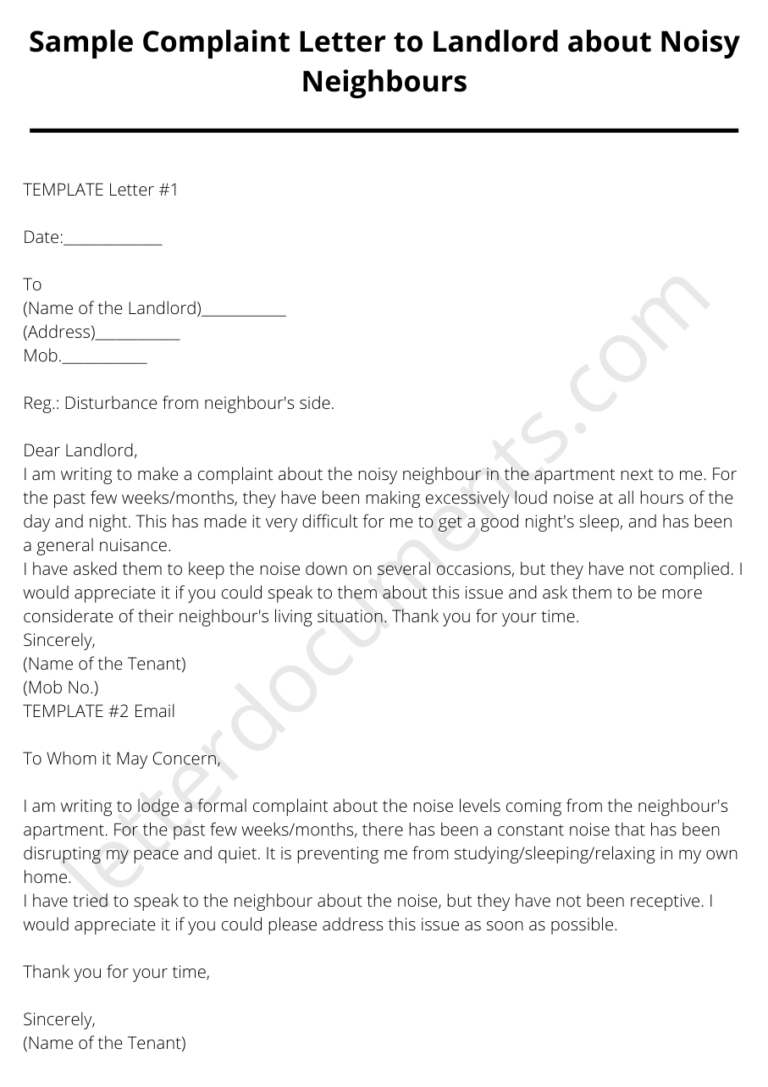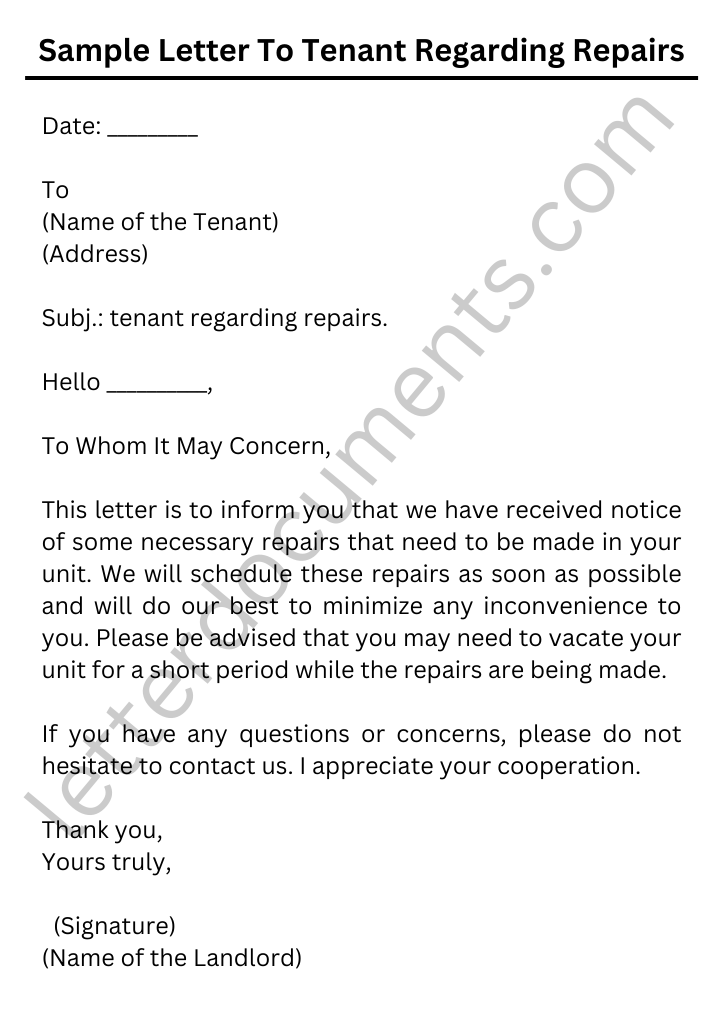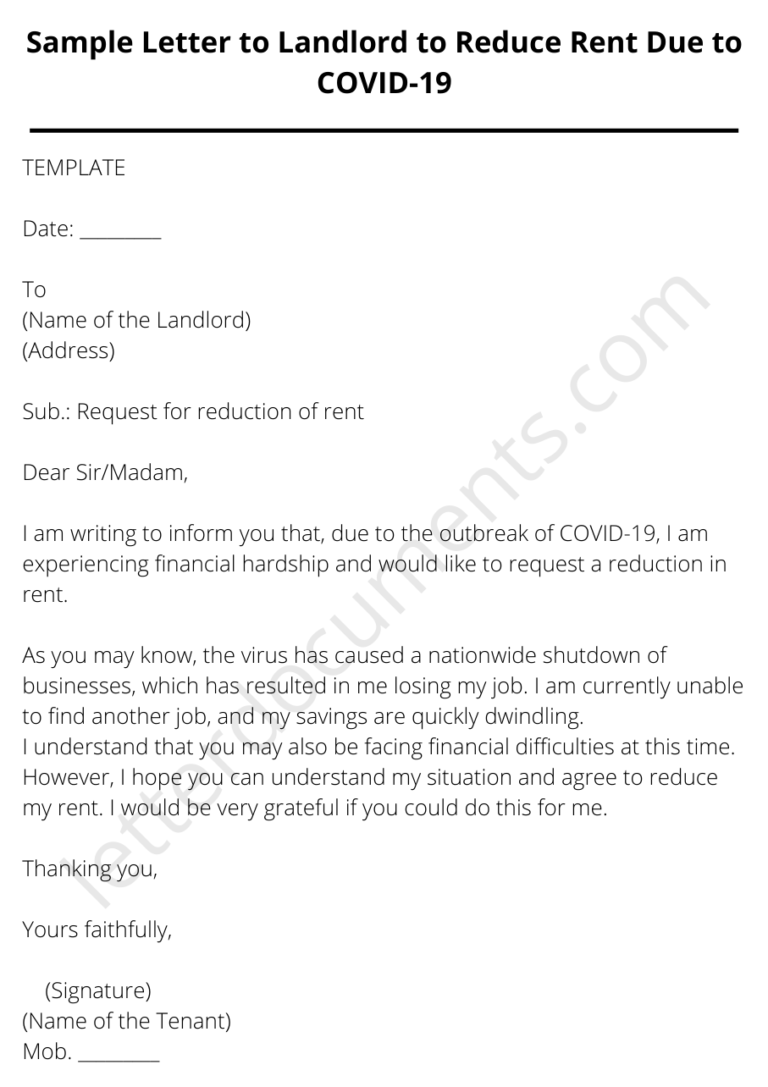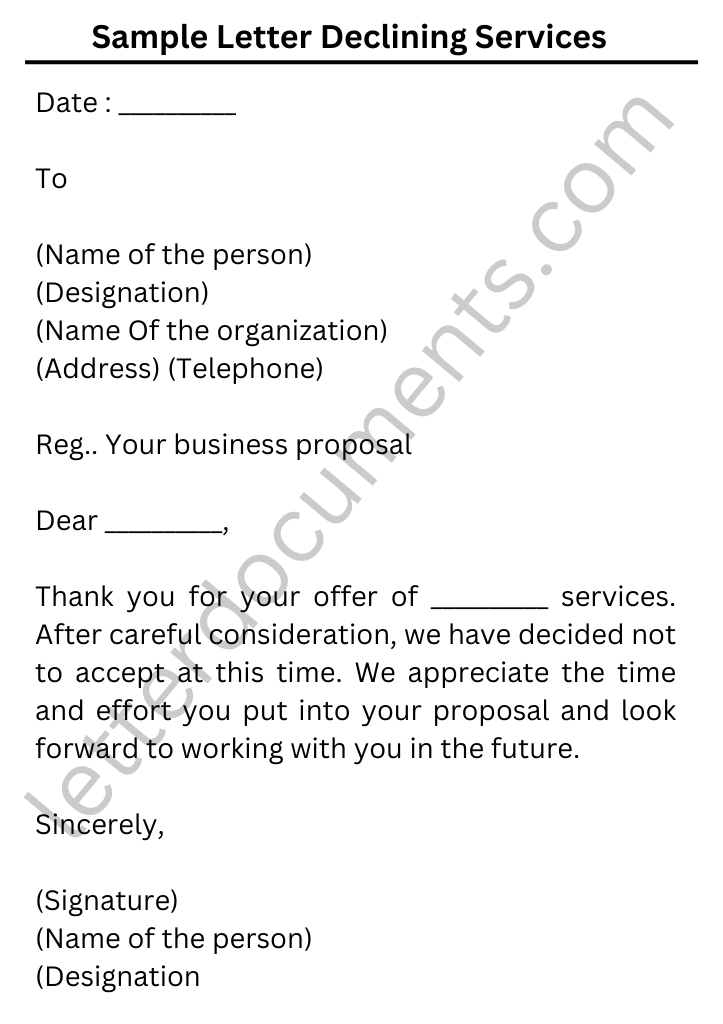Sample Letter to Attorney Regarding Case
If you are writing to a lawyer to request information on the status of a court case, you should include the case name and number and your contact information. You may also want to specify what kind of information you are seeking. For example, you might ask for a copy of the most recent court filing or an update on the next scheduled court date.
It is essential to be polite and professional in your letter. Remember that lawyers are busy people and may not be able to respond immediately to your request. Therefore, you should be patient when waiting for a response.
Winning Your Case: How to Draft a Sample Letter to Your Attorney Regarding Your Legal Matter
As you navigate through the complexities of your legal case, one crucial aspect that can significantly impact the outcome is effective communication with your attorney. Writing a well-crafted letter to your attorney can provide them with essential information and help you convey your thoughts and concerns. In this article, we will discuss how to draft a sample letter to your attorney regarding your case, including critical elements to include and sample formats for your reference.
When drafting a letter to your attorney, it’s crucial to maintain a professional tone throughout the document. Address your attorney using their full name and title, and ensure the salutation is respectful and appropriate. For instance, you can use “Dear Mr./Ms. [Attorney’s Last Name]” or “To Whom It May Concern” if you do not know the attorney’s name.
2. Providing Relevant Information
In the body of your letter, clearly state the purpose of your communication. Provide relevant details about your case, such as the case number, court name, and filing date, to help your attorney quickly identify your matter. Be concise and organized, and include any information relevant to your case, such as dates, times, and specific incidents.
3. Explaining Your Concerns or Questions
If you have specific concerns or questions about your case, clearly outline them in your letter. Be specific and provide as much detail as possible to help your attorney better understand your perspective. For example, if you are dissatisfied with the progress of your case or have questions about the legal strategy being employed, express your concerns respectfully and articulately.
4. Requesting Action or Information
If you need your attorney to take action or provide information, make a clear and polite request in your letter. For example, you can ask for updates on the status of your case, request additional documents or evidence, or ask for a meeting to discuss your concerns. Be specific about what you are requesting and provide any relevant deadlines.
5. Expressing Appreciation and Confidence
Expressing appreciation for your attorney’s efforts and confidence in their abilities can go a long way in building a positive working relationship. End your letter by thanking your attorney for their time and attention to your matter. You can also express your confidence in their skills and expertise in handling your case.
Below are some sample letters to attorneys regarding cases you can modify and use accordingly.
FORMAT #1
(Letter to lawyer from a person)
Date: _______________
To
(Name of Lawyer)
(Office Address)
Tel._________________
Sub: I need to know about the status of my pending court case.
Dear Mr./Ms. ________________,
Greetings! It’s been a while since we’ve spoken about my case. I’m hoping you’ll be able to give me some information so that the matter can move forward quickly- please answer these questions:
- When is the next hearing?
- What kind of progress has been made on this issue up until now ? And how would YOU proceed in similar circumstances (or not)?
- Letting me know what documents are needed from YOUR side will also help speed things along 😉
Looking forward to receiving your response as soon as possible.
Thanking you,
Yours Faithfully,
(Signature)
(Name of the Person)
Conclusion:
In conclusion, drafting a well-written letter to your attorney regarding your case can greatly aid in effective communication and collaboration. Remember to maintain a professional tone, provide relevant information, express your concerns or questions clearly, request action or information as needed, and express appreciation and confidence in your attorney’s abilities. By following these guidelines and utilizing the sample letter format provided, you can create a compelling and impactful letter that conveys your thoughts and concerns effectively. A strong letter can serve as a valuable tool in building a positive working relationship with your attorney and ultimately contribute to a successful outcome in your legal matter. Good luck with your case!

